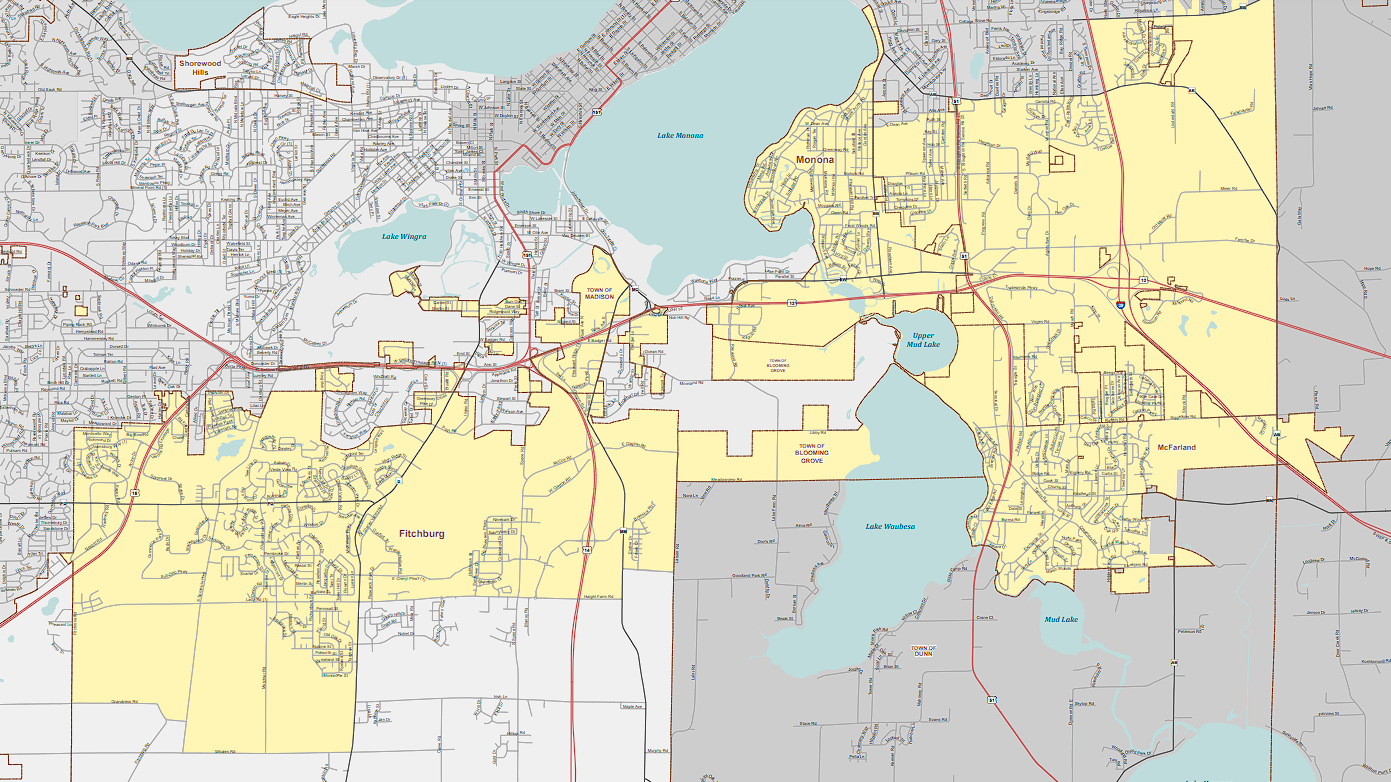GOP lawmakers have filed a motion seeking to force liberal Justice Janet Protasiewicz off a pair of redistricting lawsuits, based on donations she received from the state Dem Party and past comments the current lines are "rigged" for Republicans.
The motion filed with the state Supreme Court seeks her recusal from all aspects of the cases, including the decision on whether the court should take or...
Please log in to access subscriber content.
If you don't have a subscription, click here for a WisPolitics free trial and to view the different subscription options.


